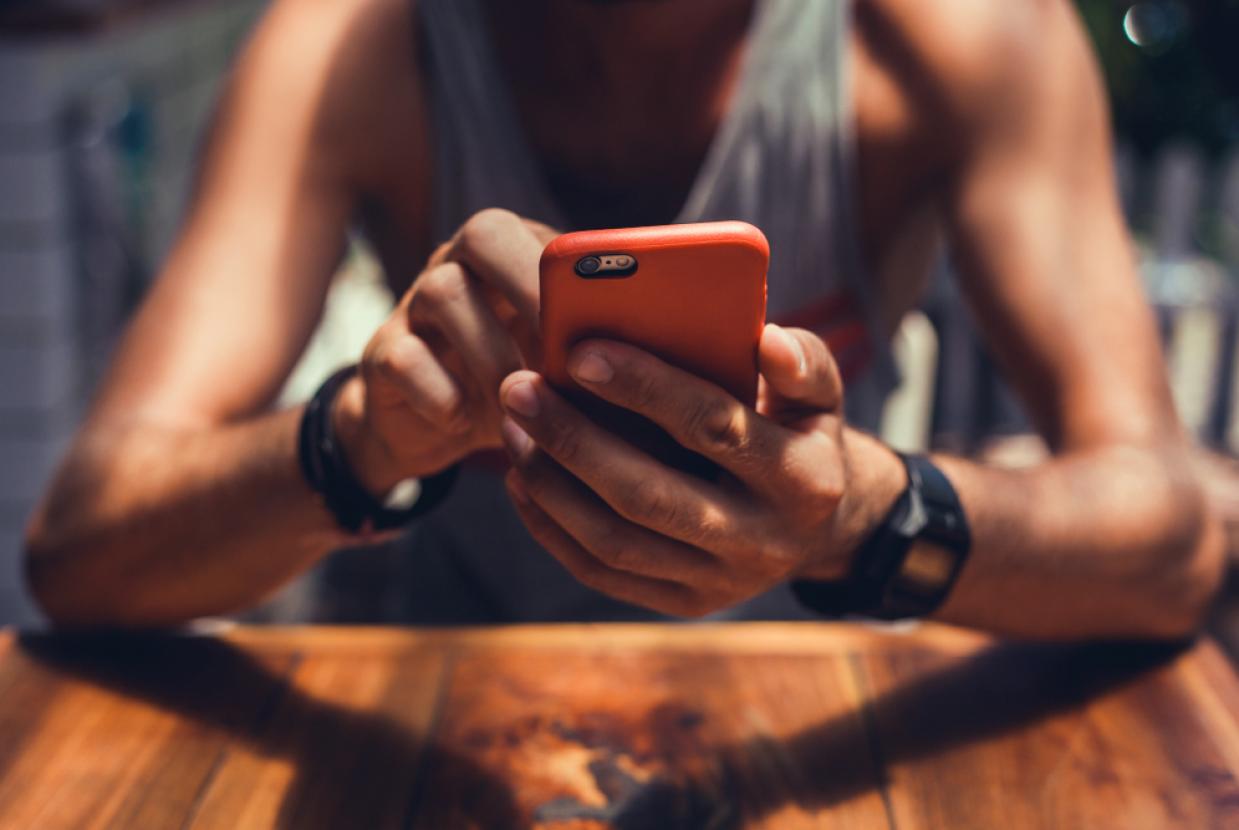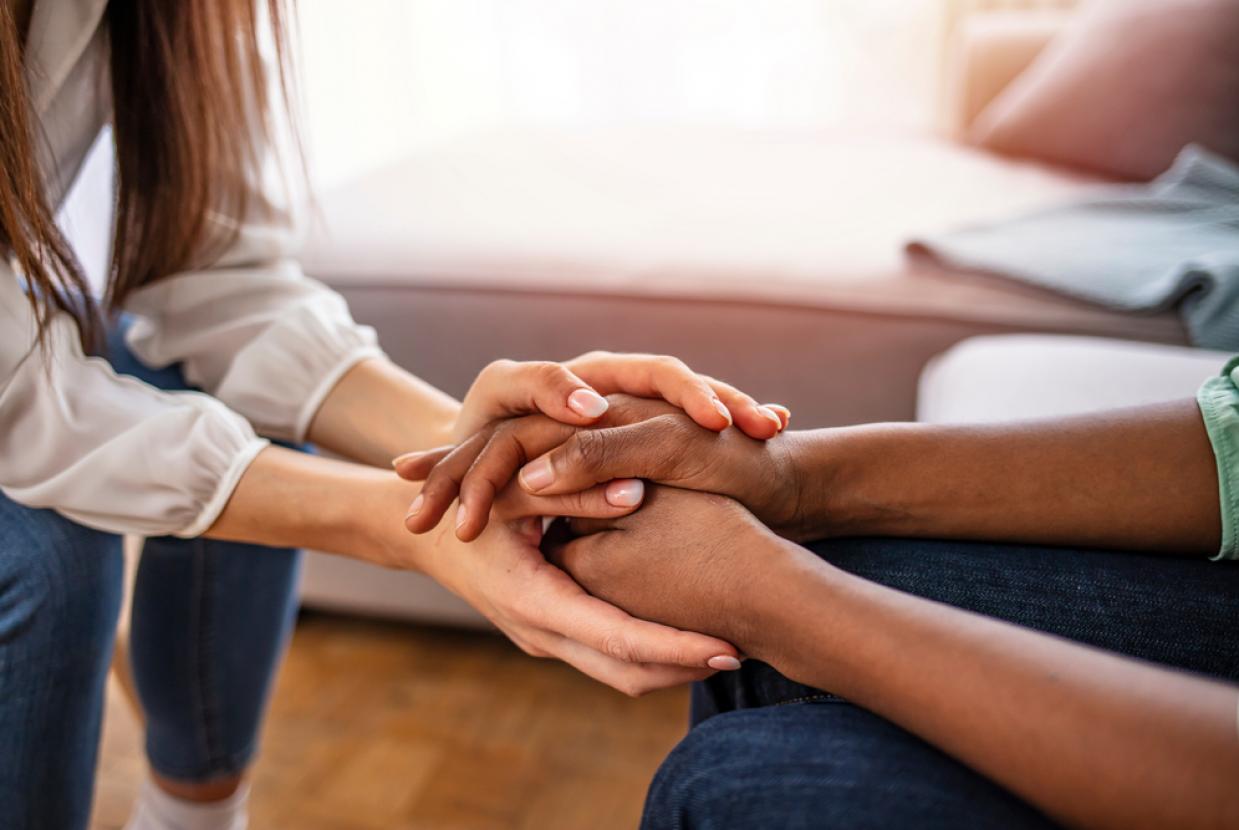Physical Activity & Mental Health
Mental Health / Get FitPhysical activity can improve your mental wellbeing. Being physically active means moving your body and working your muscles: for example, by walking, running, dancing, swimming, doing yoga or gardening.
Physical activity is not only good for your body, it's also great for your mind
Being active releases chemicals in your brain that make you feel good - boosting your self-esteem and helping you concentrate as well as sleep well and feel better. Not bad for something many of us can do for free!
Being active doesn’t have to mean taking out an expensive gym membership or running marathons. Finding an activity you enjoy can give you a goal to aim for and a sense of purpose. It can also be a great way to meet people, have a break from daily life and gain confidence. Other benefits include:
- less tension, stress and mental fatigue
- a natural energy boost
- a sense of achievement
- more focus and motivation
- feeling less angry or frustrated
- a healthy appetite
- having fun!
It’s even better if you’re able to get active outdoors. Research shows that being in nature can make us feel happier, feel our lives are more worthwhile, and reduce our levels of depression and anxiety. Nature doesn’t have to mean forests or national parks either: walking to a local common, visiting a friend’s garden or simply noticing trees and flowers planted by the roadside can boost your mental wellbeing.
For some of us it can be hard to be active, perhaps because we have a mental or physical disability or health condition. Our tips below on things to consider before starting exercise may help . The NHS has a webpage about getting active if you have a disability or health condition, with tips on building activity into your day and finding accessible activities and classes. Exercising with a disability can be frustrating if you're not able to do the type of activity you want or used to able to do, but it's important to work with your body.
How active do I need to be?
Any amount of physical activity is better than none. Finding an activity you like and are able to do regularly is more important than pushing yourself to do something you don’t enjoy. You could try brisk walking, mowing the lawn, dancing, swimming, following an exercise video or online class, trying a new sport or anything that gets your body moving.
Government guidelines suggest adults aim to do 150 minutes of moderate activity a week or 75 minutes of vigorous activity a week. The NHS website has different examples of activities you could try as well as free online exercise videos. This might sound like a lot but don’t be put off if you don’t feel you can manage this now. If you don’t do much physical activity, start small and build up slowly.
The guidelines also suggest doing strength building exercises at least two days a week. This could be yoga, pilates, weight lifting, wheeling a wheelchair or carrying heavy shopping bags, for example.
Think about your current fitness levels, how much time you have to exercise, and what feels realistic to you. Anything you do to get active and reduce the amount of time you spend sitting or lying down is good. Remember that exercise doesn't have to be about losing weight or changing your body shape. If you enjoy it and it makes you feel good, that's important
Things to consider before getting started
If you have a mental health condition, there may be factors that affect the amount or type of physical activity you can do. Here are some things you may need to consider.
I take regular medication.
Certain medications can affect the exercise you can do. For example, taking betablockers will mean your heart works harder when exercising, so you may need to adjust the type or amount of exercise you do. If you take lithium, losing fluid from your body through sweating can increase the concentration of lithium in your blood to a harmful level. Talk to your doctor before you start exercising or if you change your medication.
My medication and/or mental health condition makes me feel tired and lethargic.
Work with your body and your mood. For example, if you know your medication makes you feel tired in the mornings, plan to get active later in the day. If you feel unmotivated all day, try just going for a walk. Even a short walk can clear your mind and boost your energy level. If there are times when you just don’t have the motivation or energy to exercise, be kind to yourself. It’s ok to slow down, do less or take a break. Do what you can, when you can.
I have/am recovering from an eating disorder.
While exercise can be a positive part of recovery, some people with an eating disorder find they are over-exercising. Talk to your GP before starting to get active.
I have anxiety or experience panic attacks.
The way you feel when you get active – breathless, hot, sweaty, a fast heart rate – can feel similar to the symptoms of anxiety or panic attacks. This can be distressing and may then cause a panic attack or increased anxiety.
If this happens to you, try a lower impact activity such as yoga or pilates. When this feels ok, build up the intensity slowly and notice the difference between the effects of physical activity and a panic attack. Exercising with someone else may help you feel reassured that help is available if you feel anxious.
Content sourced from the Mental Health Foundation (mentalhealth.org.uk).






































































































































